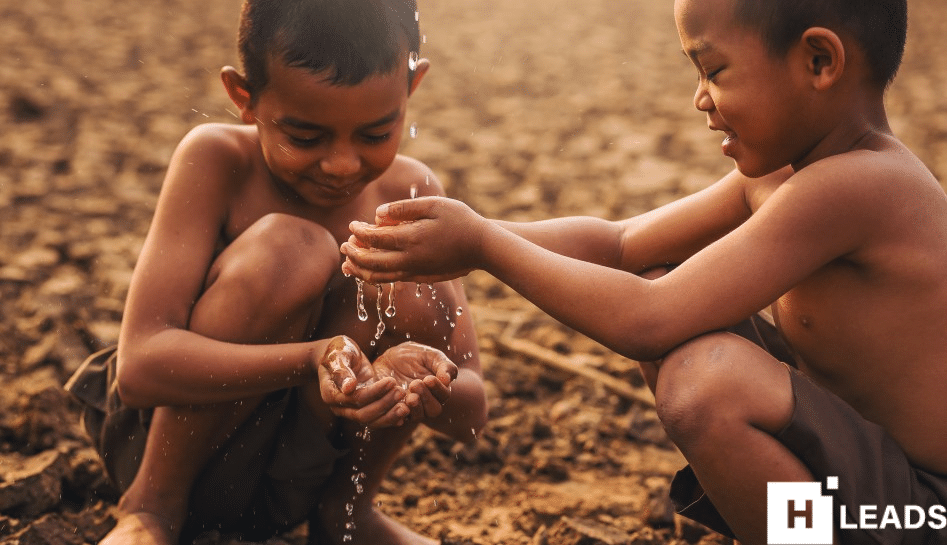Over 80 percent of responding countries reported training frontline workers to support families in providing early learning activities and responsive caregiving.
A child’s early experiences profoundly influence their overall health and development, including their physical health, growth, learning, behavior, adult social relationships, well-being, and earnings. The period from pregnancy to the age of three is when the brain develops most rapidly, with over 80 percent of neural development occurring during this time.
A new progress report released by the WHO and the UNICEF on July 3 says political commitment to early childhood development has increased since the launch five years ago of the global Nurturing Care Framework, a seminal guidance document for supporting the healthy physical, intellectual, and emotional development of children.
Nearly 50 percent more countries have developed related policies, and services have expanded. In a recent rapid survey, over 80 percent of responding countries reported training frontline workers to support families in providing early learning activities and responsive caregiving.
However, increased investments are still required to scale up services and demonstrate impact, particularly among vulnerable populations. Ensuring adequate support for children with developmental difficulties and addressing caregiver psychosocial well-being are essential components of this agenda.
The report calls for enhanced investment in nurturing care, particularly in the poorest and most fragile countries.The progress report reflects on achievements from 2018 to 2023 and identifies gaps and areas that require further attention in the future.
There are two new measures for improving data on progress: the Early Childhood Development Index 2030 and the Global Scales for Early Development. These measures can now be utilized to assess early childhood development starting soon after birth.
“Early childhood development provides a critical window to improve health and well-being across life with impacts that resonate even into the next generation.” Dr. Anshu Banerjee, Director of Maternal, Newborn, Child and Adolescent Health and Ageing at WHO, said. “While this report shows encouraging progress, greater investment is needed in these foundational early years so that children everywhere have the best possible start for a healthy life ahead.”
Dr Victor Aguayo, Director of Nutrition and Child Development at UNICEF said that every child has the right to the best start in life. “This includes the right to good nutrition and stimulation, responsive care and early learning, health, and a safe environment,” he said. “These rights provide children with the opportunity to grow and develop to their full potential. As children thrive, entire communities grow, and a sustainable future is possible.”
Also Read : Dire year for children as attacks on schools and hospitals increase


















Add Comment